Description
Peugeot: A Cycling Dynasty
Hippolyte Aucouturier, dubbed ‘Le Terrible’ by the founder of the Tour de France Henri Desgrange, was the pre-eminent Peugeot racer when the company started sponsoring individual cyclists in 1901. A Paris-Roubaix winner in both 1903 and 1904, he is perhaps better known for his antics at the Tour
His first participation, in 1903 when three of the six stages lasted over 16 hours, saw him abandon on stage 1 only to return to the race the next day (as was permitted back then) and win two stages. A disqualification for slipstreaming behind a car followed, and the next year things got even worse.
Aucouturier won four stages and finished fourth overall but was later disqualified, along with the entire final podium, in a race so chaotic that Desgrange swore he would never run it again. Riders were accused of taking trains, nails were spread across the roads, and partisan fans attacked the competitors. But better times lay ahead, especially for Peugeot.
The Tour, of course, continued on, and four wins in a row followed for Peugeot-sponsored riders. Those men were Louis Trousselier, René Pottier, and Lucien Petit-Breton (twice), while in 1906 and 1907 Peugeot’s men swept the first four and five places. In 1914 – Philippe Thys’ second win of a back-to-back – riders on Peugeot bikes made up eight of the overall top 10.
There was success elsewhere, too. Before 1920, Peugeot had racked up two more Paris-Roubaix victories, as well as three wins apiece at Milan-San Remo and the Giro di Lombardia, plus five at Paris-Tours.
The success would wither soon after, though, with Peugeot suffering a down period from the 1930s through the end of the 1950s – a length of time longer than many team sponsorships last. Highlights, which were few and far between, included Firmin Lambot’s 1922 Tour victory, and Ferdi Kubler winning the Tours of Suisse and Romandie in 1948.
But with the 1960s came a new wave of riders, and a handful of cycling legends racing in the famous checkerboard jersey. It was a design that would last from its introduction in 1963 all the way to the end of the title sponsorship in 1986 and would adorn a number of cycling legends across the generations.
Emile Daems took the first big victory in the iconic jersey for the team, by then known as Peugeot-BP. Already a Lombardia and San Remo winner, Daems outsprinted Rik Van Looy in Roubaix in 1963. Pino Cerami had won the race for the team three years earlier too but, despite the success of the two Belgians, the team’s stars of the 1960s were Tom Simpson and Eddy Merckx.
Simpson was 25 when he joined Peugeot in 1963 and was already a Tour of Flanders winner. Both his best and darkest moments would come with the team. In his first year, he won the arduous, 557km-long Bordeaux-Paris, and the next season he took Milan-San Remo ahead of Raymond Poulidor.
In 1965 he left the Tour de France with blood poisoning and a kidney infection but recovered to secure his greatest triumph later in the year; by outsprinting Rudi Altig in San Sebastián, Simpson became the first British world road race champion, and only the second on a Peugeot bike, after Rik Van Steenbergen’s triumph in 1957. A victory by three minutes at Lombardia followed, before the winter that brought Merckx to the team.
Peugeot welcomed ‘the Cannibal’ in 1966, his second pro season. At 21 years of age, he wasn’t quite the unstoppable force he later became, but his two seasons with the team still saw him take two editions of Milan-San Remo, a Gent-Wevelgem, La Flèche Wallonne, and the Worlds road race in 1967.
Simpson won Paris-Nice in 1967, with Merckx taking two stages of the race, but months later came the tragedy. The story is well-trodden at this point, but Simpson, riding the Tour de France for the British national team, collapsed and died on stage 13 to Mont Ventoux, with a combination of amphetamines, alcohol, the heat, and exhaustion to blame.
Nevertheless, Peugeot’s success continued, with Roger Pingeon winning the race for France. Pingeon won the Vuelta a España in 1969, too – a first for the team – while the 1970s saw Bernard Thévénet win the Tour twice, once after Merckx – by then riding for Molteni – was infamously punched by a spectator on the Puy de Dôme.
The third and final Peugeot ‘golden age’ came in the 1980s. There would be no Tour de France domination or racking up Monument wins, but the team became known for introducing a number of Anglophone riders to the professional ranks.
Phil Anderson saw the most success while at the team, becoming the first non-European rider to wear the yellow jersey, and also winning a Tour stage in 1982 before triumphing at Amstel Gold Race the following year. Robert Millar took a stage and the polka dot jersey in 1984 and finished runner-up in the 1985 Vuelta, a victim of supposed collusion among the Spanish teams.
Sean Yates, Allan Peiper, and Steven Roche also made their professional bows at Peugeot, but the best years of the team were over. The final victory as title sponsor came at the 1986 Tour de l’Avenir, where Bruno Wojtinek won a stage to Vitoria-Gasteiz. Introducing those new champions from the ‘new world’ of cycling would be the final act of the greatest team in the sport’s history.
Legeay stuck with the team after Peugeot left, taking on Z as lead sponsor and winning the Tour in 1990 with Greg Lemond. Later on, GAN and then Credit Agricole would take over, before the team stopped for good in 2008, ending the grand Peugeot lineage once and for all.
This article was written in support for Prendas Ciclismo.
*****************************
All of the postal cards on our site are original, no reproductions.
As many of the cards are quite old and one of a kind, please look carefully a the photos to determine condition.
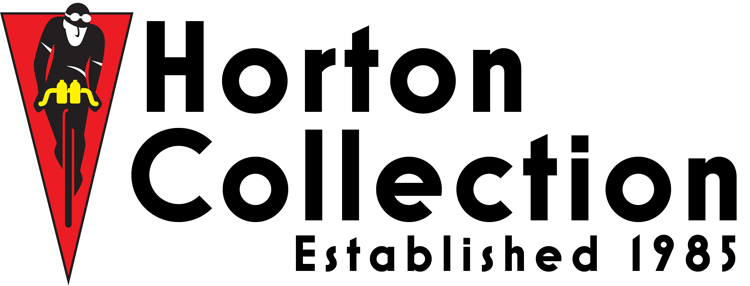
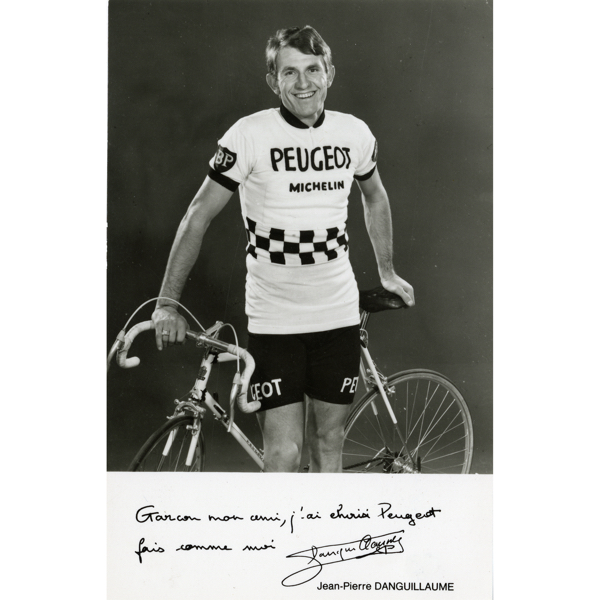

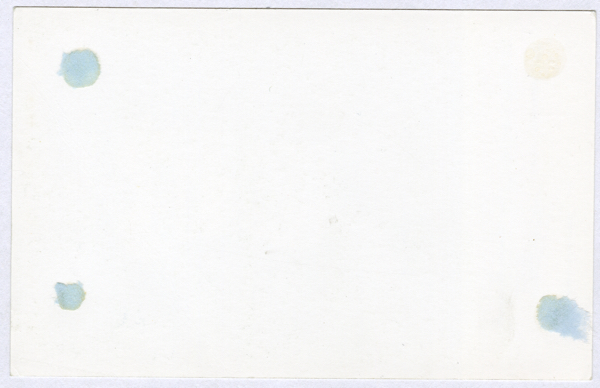
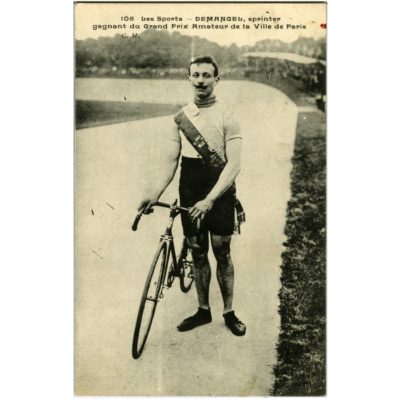
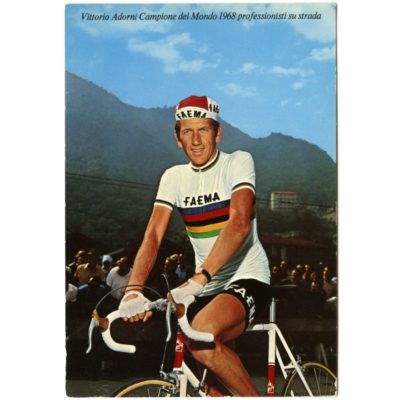
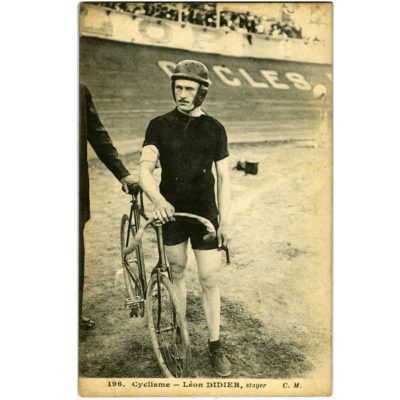
Recent Comments